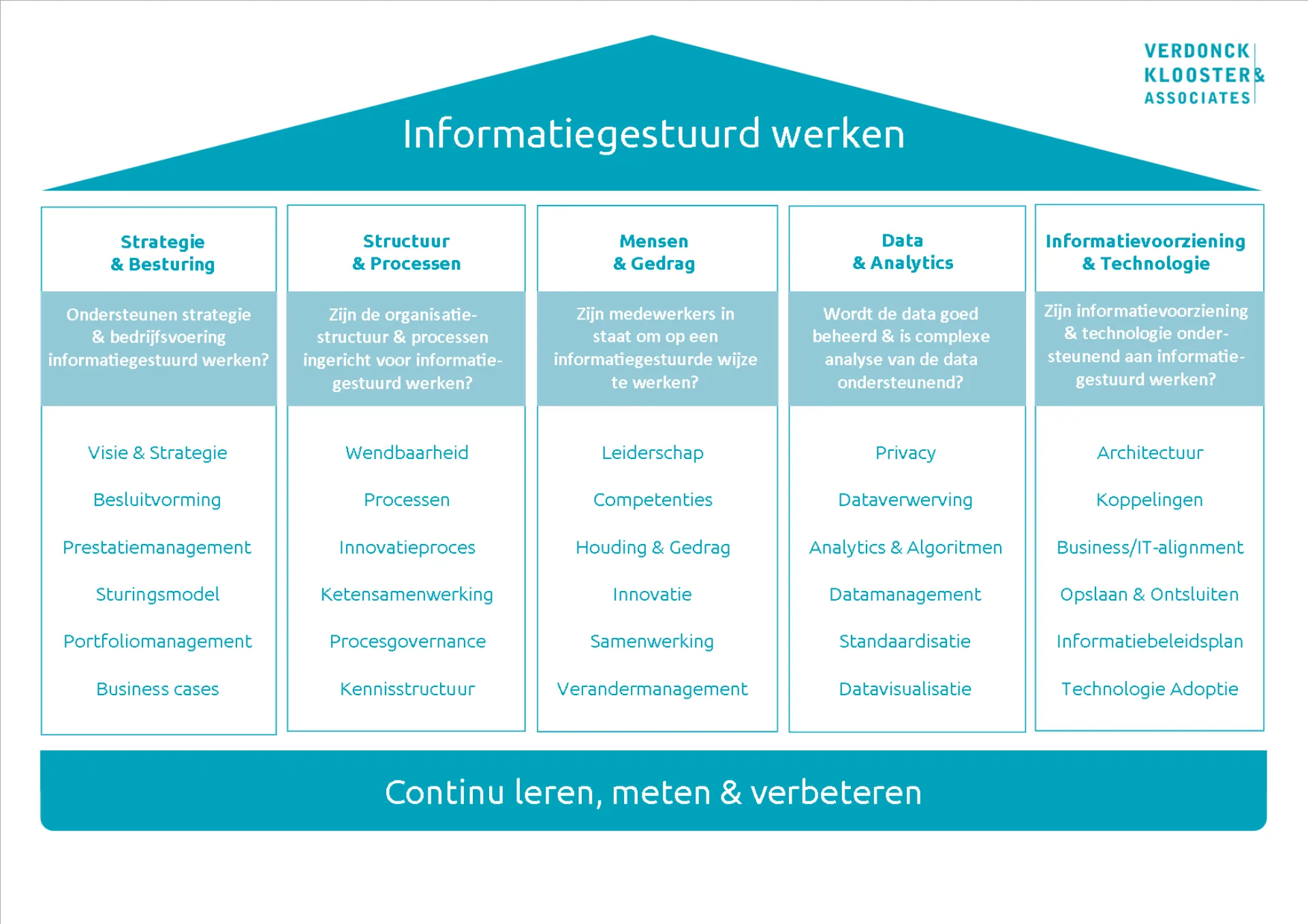Deciding with the help of data analysis at SZW
The Dutch Social Affairs and Employment Inspectorate (Inspectie SZW) was created in 2012 by the merger of the Dutch Labor Inspectorate, the Work and Income Inspectorate and the Social Intelligence and Investigation Service. It is the supervisor in the policy areas of Working Conditions, Labor Market, Labor Relations and Social Security in the Netherlands. As a supervisor, Inspectorate SZW conducts inspections at businesses, such as restaurants and construction sites. In addition, this government body also conducts investigation and enforcement, for example in the area of benefit fraud. This work is carried out on the basis of risk and environmental analyses.

Working towards an information-driven inspection
"Highberg is active on the subject called information-driven work, or work based on (big) data analysis," says Christian Verhagen, consultant at Highberg. "The Inspectorate SZW asked us if we could help them set up information-driven working (IGW) within the Inspectorate. Their goal and ambition: an Inspection that in 2020 has various work processes information-driven: make the decisions and actions from now on using data analysis. Inspectors and data analysts will jointly draw up risk profiles based on their own data or that of chain partners. This will lead to a higher chance of catching fraudulent restaurants or abuses on construction sites, for example".
Highberg assisted the Inspectorate SZW in the realization of IGW in 2 phases. The first phase was to determine the maturity level of IGW within the Inspectorate SZW. The second step was to determine the ambitions of the Inspectorate SZW with respect to information-driven working and to draw up a roadmap on how to realize these ambitions.

Maturity
Verhagen: "In cooperation with the Inspectorate, we developed a maturity model for the first phase of our guidance. This model consists of five pillars: strategy and decision-making, organizational structure and processes, data governance, information provision and technology and, as the fifth pillar, people and behavior. This model has been the framework for the IGW maturity measurement within the Inspectorate. The measurement was carried out by conducting surveys and conducting interviews and workshops. We did this for all processes that are important for a good design of information-driven work. This gave us a good picture of the processes that the Inspectorate SZW has already set up to enable information-driven work.
Managing for coherence
The Inspectorate SZW already has several initiatives aimed at one or more aspects of information-driven working. In some cases, coherence was lacking and not all relevant aspects were addressed. With the help of the maturity model, Highberg was able to draw up a roadmap with which the inspectorate works on its ambitions in overview and coherence. "We defined concrete projects where we built on what is running," says Verhagen.
The uniqueness of this assignment is that it is not just about the deployment of technology and doing smart things with data, but encompasses a broader area: how are we going to set up the Inspectorate in such a way that it is really able to make good use of all the data it already has in its processes? Verhagen: "So then you're talking about people and behavior and professionalizing the organization. Our approach was received with great enthusiasm by the client and in particular the Inspection Board".
Would you like to know more about this case or the subject of information-driven working? Please contact Christian Verhagen.

